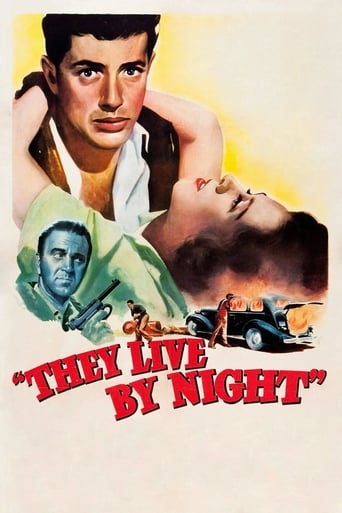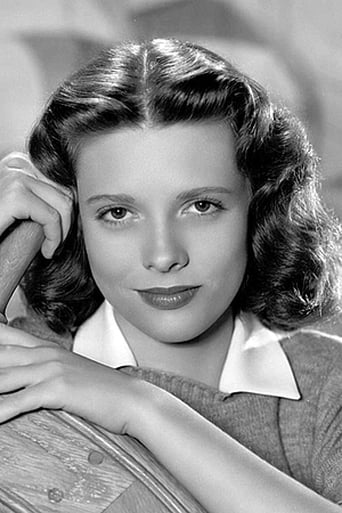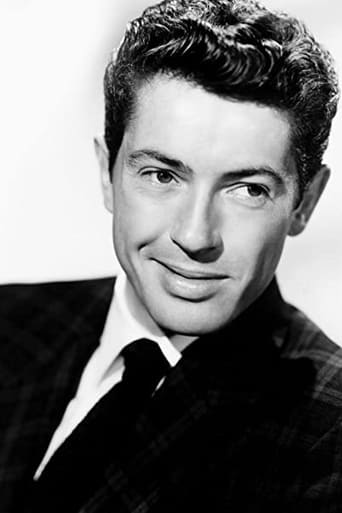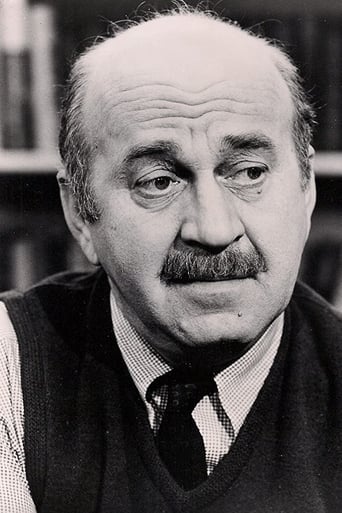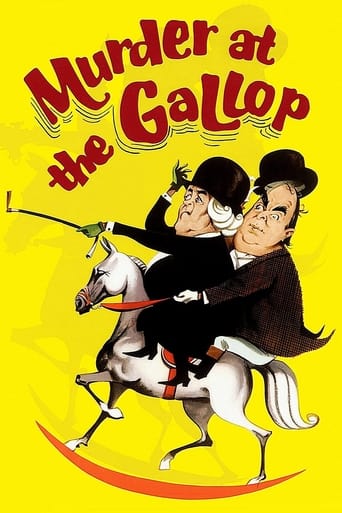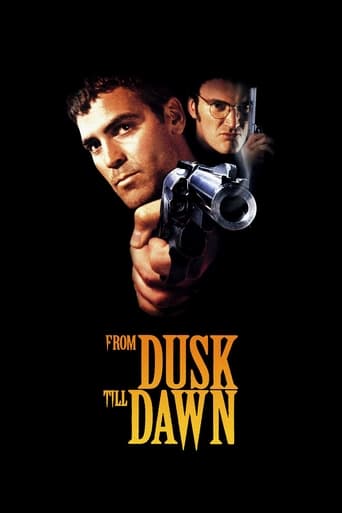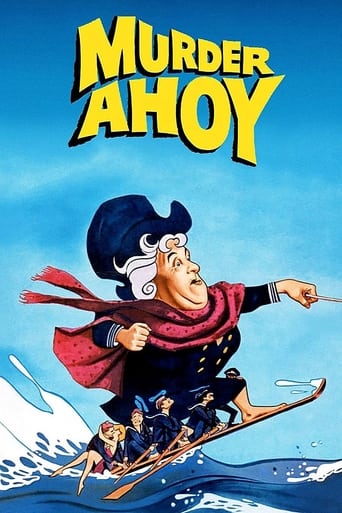They Live by Night (1949)
An escaped convict, injured during a robbery, falls in love with the woman who nurses him back to health, but their relationship seems doomed from the beginning.
Watch Trailer
Free Trial Channels
Cast


Similar titles
Reviews
Although it has its amusing moments, in eneral the plot does not convince.
It isn't all that great, actually. Really cheesy and very predicable of how certain scenes are gonna turn play out. However, I guess that's the charm of it all, because I would consider this one of my guilty pleasures.
All of these films share one commonality, that being a kind of emotional center that humanizes a cast of monsters.
One of the best movies of the year! Incredible from the beginning to the end.
With an ominous-sounding title like "They Live By Night" one would almost expect there to be at least a couple of vampires in this film's story. But, nope - This isn't the case here.This tough, little 1948 picture mainly focused in on the (often) "laughably-cute" romance that blossomed between Bowie and Keechie who became "lovers-on-the-run" with nowhere to go.In the very moment when Bowie and Keechie first met it became plainly obvious that (due to external circumstances) these 2 love-birds would never find happiness together. Ever.All-in-all - This low-budget, b&w, crime/drama did have its entertaining moments.This would be movie-maker, Nicholas Ray's first feature film. He would go on to direct "Rebel Without A Cause" in 1955.
This Film-Noir-inflected directorial debut feature of maverick US filmmaker Nicholas Ray is headlined by two young stars on the rising, Farley Granger and Cathy O'Donnell, as their escapist romance is par for the course of a sorry denouement which tallies with the now stock "lovers on the run" scenario, to today's audience, it is Ray's audacious craftsmanship leaving a hefty mark on the route. Adapted from Edward Anderson's novel THIEVES LIKE US (from which Robert Altman would regurgitate his own version using the book's original title in 1974), the storyline revolves around a young convict Bowie (Granger), who escapes from prison with two senior bank robbers, Chicamaw (Da Silva, flaunting with his snarky, one-eyed menace to great effect) and T-Dub (Flippen, sports a hostile ruggedness likens Michael Shannon). After falling in with Keechie (O'Donnell), the daughter of their accomplice Mobley (Wright), Bowie develops a liking for her, when a road accident leaves Bowie in the caring hands of Keechie, they decide to elope, leaving everything behind, whether it is police force or Bowie's partners in crime. Notably, the film vigorously lunges its opening gambit of chopper-aided aerial shots when the credits roll, quite a cutting-edge feat of its time, but if one thinks for granted that the movie would be heavy on the action front, a sly Ray proves otherwise, he spares us with all the robbery fracas and the upshots of peripheral players, because the movie's focus is unflinchingly zoomed in on the star-crossed lovers, close-ups expressively inspect their indecision, immaturity, callowness, but also their steely determination of finding a way out in spite of the mounting obstruction, Granger and O'Donnell both elicit emotively heart-rending renderings without any help of plot machinations, their ending is foreseeable miles away, they are mired in a cul-de-sac, catching up with a scintilla of hope and affection before it's too late. Which is to say that in Ray's fabrication, one cannot help but discerning an overt proclivity for fatalism, a heady profusion of gloom, angst, and agitation, that would evolve into Ray's trademark in the years to come. Even in the supposedly jolly strains of YOUR RED WAGON interlude, Ray manifestly shows us the singer (Bryant), cadging cash out of punters and then brandishing it in front of our eyes, that's the world which entraps the two lovebirds, materialistic, corrupted and voracious. Amongst the ragbag of supporting group, on the one hand, stage old-hand Helen Craig rounds out her celluloid debut with a stolid veneer cracked with tangible tinge of compunction in a femme fatale role; and on the other hand, productive character actor Ian Wolfe gives our two wet-behind- their-ears protagonists a good run for their money as the grasping matrimony officiator, who effortlessly hammers that last nail in their coffin without much of self-awareness. By and large, THEY LIVE BY NIGHT has professed to be an auspicious point of departure for an auteur-in-the- making, and of course, the best is yet to come.
The excellent side Characters in this overly romantic Film-Noir are more interesting than the two love-struck leads. So is the dark atmosphere and incredible look of the Movie. Where it falters is the extreme naiveté of the Couple that becomes a bit irritating. "I don't know how to kiss, you'll have to show me".A farm Girl uttering such silly nonsense is just not wholly believable even in the Forties. They are both portrayed as such innocents that it is really too much. But if you can forgive some of the more whispering Romance scenes there is enough here to recommend as a Film-Noir with more Romantic notions than most.It can be quite engaging at times but is bogged down again and again by more school-kids playing house kind of stuff. Fortunately their Dream Life is interrupted just in time before it becomes unbearable. The world of Film-Noir is penetrated here with idealism and hope, but there is just no way that any of that will do in this perpetually bleak place. In the end, they both come to that realization.
Nicholas Ray's first feature film is the prototype for the lovers on the lam genre, generally suggested to foreshadow Arthur Penn's Bonnie and Clyde. I enjoy it for different reasons that for the more contemporary ones. It may not be as intense as those, nor as intense as some of Ray's later efforts such as the unadorned masterpiece In a Lonely Place, but we sympathize on a much purer level with Farley Granger and Cathy O'Donnell's young lovers here than we do with Bonnie and Clyde or the violent lovers of Gun Crazy or much more extreme and shocking variations on that assembly line like Natural Born Killers, Criminal Lovers or Baise Moi. Granger and O'Donnell, two young specimens whose beautiful faces radiate with solemn innocence, find the seeds of love in their first incidental meetings with one another in spite of their cataclysmic circumstances and dangerous dynamics. Indeed, the film is in no small part owing to the argument of heredity vs. environment, which one bears in mind throughout as we not only follow the external plot but also the emotional process of the chemistry between the two leads.Perhaps the movie doesn't take enough chances with Granger's circumstances. He escapes from prison with two hardened down-home bank robbers Chicamaw and T-Dub, but rather than being a part of their underworld economy, though he does find himself planning a heist with them to, in a strange, roundabout way, bring justice to his initial imprisonment, he is fleeing the condemnation of an unjust murder charge. This flaw cannot be argued as a bedrock but if he were a young, budding career thief himself, the audience's sense of morality and justice would be given more vigorous exercise. It would make O'Donnell's love for him ironically more ennobled by not only siding with him against the way the world has treated him, but also by seeing through the way he has treated the world.I was enthralled by the physicality of the two lovers, stressed by Ray in unusual ways. We first see the angelic Cathy O'Donnell in a baggy, oil-stained jumpsuit. She is the daughter of a gas station owner. Her beauty either radiates through the adventitious scuzziness, inherits a raw carnal edge by it, or both. Granger is a swarthy young boy, his anger perpetuated by his submissiveness in his situations, against which he gradually begins to recklessly rebel. Much in the same way we can see Gloria Grahame and Humphrey Bogart baring their most guileless identities, almost too painfully, in the great film Ray made the next year, In a Lonely Place, Granger and O'Donnell are a younger and more socially subversive precursor. Though the story itself may not sizzle with more tension, we feel very deeply for the two lovers based on the sheer presence of their actors.

